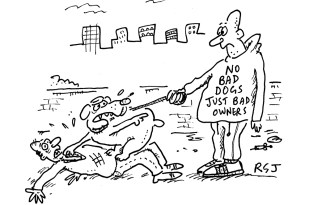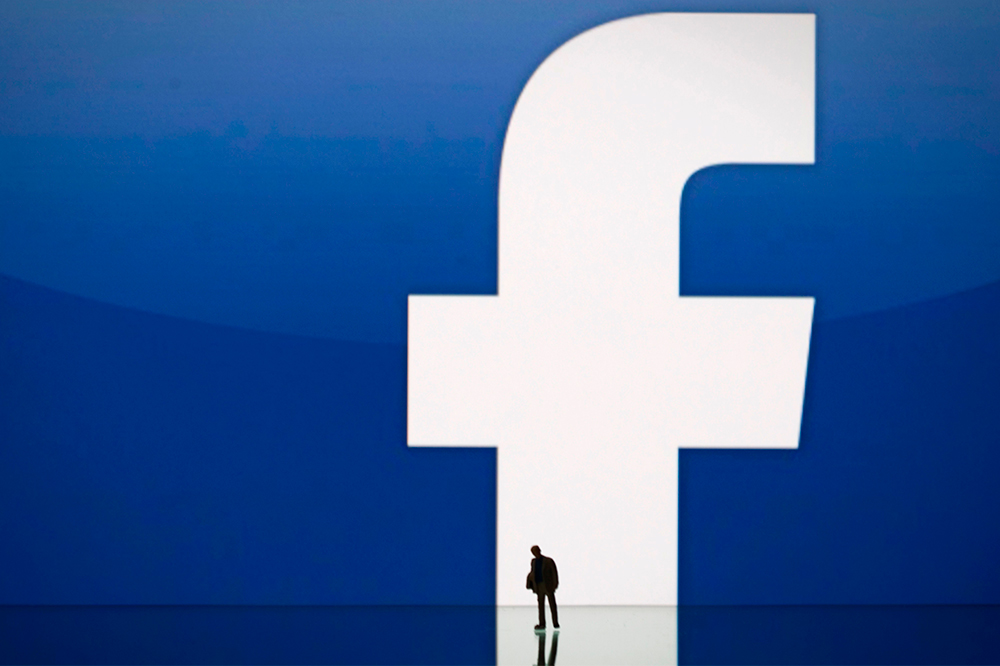I was greatly tempted by Sam Leith’s suggestion in a column on The Spectator’s website this week that we should all shut up about Israel and Palestine because we don’t know what we’re talking about. Certainly the crisis there has made London dinner parties almost unendurable – and it is true that as soon as anyone brings up Sykes-Picot, which they always do, I begin to choke on my baba ganoush and start demanding that the host open another bottle of Fairtrade Palestinian pinot noir. But then I thought that if in future I wrote about only those things of which I have a perfect understanding, pace Wittgenstein, I’d be well and truly buggered as a columnist.
There is a concerted attempt to shift the narrative away from atrocities carried out against Israel
Old Ludwig didn’t think about that, did he? A lack of expertise has never stopped me weighing in with a jiffy bag of bile on every subject under the sun and I don’t see why Jews and Arabs should be exempt. Further, while I daresay my understanding of Middle Eastern politics is woefully incomplete, I have always tended to be on the side of civilisation when it is opposed by medieval barbarity. In making this choice, I consider myself progressive as well as – Ludwig, take note – both logical and positive.
This article is not about Israel and Palestine, as it happens, but about the way in which the narrative regarding that conflict is being carefully marshalled by our institutions. The BBC, with its – on the face of it – hilarious decision not to call Hamas ‘terrorists’, you will be well aware of; much as you will of the entirely justified protest outside New Broadcasting House. But the hi-tech social media giants are another issue entirely. I know you know this, but we have to keep an eye on these bastards, remembering their gleeful distortion of the narrative during the last US presidential election: the deliberate suppression of stories that might be damaging to the Biden campaign and finally the removal of the then president from all social media outlets so that he no longer had a voice. If they do that to presidents, what might they do to the rest of us?
Here’s a small example. A woman on Facebook was warned that her posts would be blocked because she was spreading ‘false information’. She had linked to a report on the apparent beheading of babies by the Hamas ‘militants’. There are some doubts about this accusation, which naturally the loveable little scamps in Hamas deny. The jury is not quite out on the issue, however, as it is undisputed that Hamas killed very young children and several sources reported beheadings. The fact-checking organisation that Facebook quoted was based in, uh, Pakistan – not a country renowned for its amicable relationship with Israel. They also quoted Al Jazeera.
Now, maybe this would be fine if such scrupulousness were distributed evenhandedly. But it patently is not. The Muslim Council of Britain’s Facebook page – which fails to offer so much as a word of criticism of Hamas – condemns the ‘targeting of innocent civilians’ in Gaza. Is that what Israel has been doing? Isn’t that something that might be fact-checked a little?

Meanwhile, I posted a short speech I made at the Social Democratic party conference about the Hamas invasion – its message was ‘We stand with Israel’. I have 5,000 Facebook friends and even my most banal and vapid posts will gather upticks and comments very quickly. This one got only four ‘likes’ in five hours. It could be, of course, that people were bored by, or possibly averse to, the speech. So I tried an experiment and posted a photograph of a beach with the fascinating observation ‘Look at this lovely beach’. It received the more usual plethora of ticks and likes. So I posted a third piece explaining my experiment and quickly discovered that nearly everyone who had commented on the beach post had not received the Israel speech in their newsfeed.
This is called ‘shadow banning’ and it is happening an awful lot right now. A fellow-writer, Christopher Gage, found that an article he had written about the crisis was simply held from view. Another Facebook friend of mine was warned he would be suppressed for the act of linking to an article from the Daily Telegraph which Facebook considered, in its journalistic brilliance, false information.
You might consider all this trivial, but it is not. There is a concerted attempt on the part of the liberal left to shift the narrative away from atrocities carried out against Israel and to focus instead on the retaliatory action in Gaza. This is a means of warping public opinion and Facebook has been an eager signatory to the project – just as during the US presidential election even to mention the name ‘Hunter Biden’ would find you visited online by the Facebook fact police. Hunter with his coke’n’whores and highly questionable business dealings in Ukraine was not something that the website thought should be shared with the voters. Hell, the liberal left in America even exalted about the degree to which they had gerrymandered the agenda – covertly, of course, at the time. I wonder what the big-tech social-media giants will get up to for our own election?
And then there are the universities. Professor Tim Luckhurst, of Durham University,wrote a kind of reality-check article about our equivocal attitudes towards the bombing of civilians for the Times, drawn from his scholarly analysis of public attitudes during the second world war. It was an excellent piece of work, but I have learned from a third party that Durham has now insisted Luckhurst submit all future articles to the university authorities for vetting. I haven’t had the chance to speak to him about this, so maybe Facebook could fact-check it for me. Whatever: there are people out there who will do anything to prevent views they dislike from reaching the public.







Comments